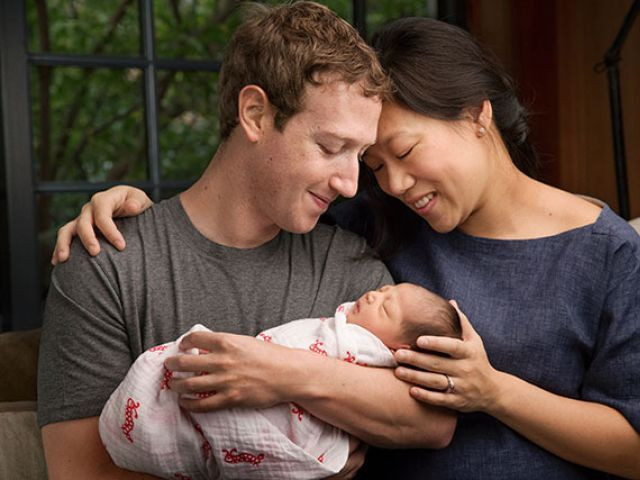“We are pregnant.”
That is such a wonderful way of announcing the happy news that a couple is expecting a baby. While it is by natural default that the woman is destined to bear the bigger physical brunt by carrying the child to term and going through the delivery ordeal, there is no dearth of good daddies who take pride and ownership in the role.
The more evolved men of today take the paternal instinct very seriously. They are involved in active parenting. And so many of them – like Facebook CEO Mark Zuckerberg – want to spend some uninterrupted time with their new-born. The purpose is multi-fold: help the mother, bond with the baby in what is perhaps the most inexplicably beautiful time of a parent’s life, and play your part in arguably the most important job life has given you. Yet, not every daddy-to-be owns Facebook, or works in companies that show such empathy.
Facebook employees are lucky; soon after Zuckerberg said he would take two months of paternity leave, the social media company announced that it is extending its parental leave policy to full-time employees outside the US.
Now that Zuckerberg’s daughter, Max, has arrived, he has given her a beautiful welcome by committing 99 per cent of the Facebook shares to charity. He even wrote a letter to his new-born baby girl where he vows to change the world by eliminating inequality and giving every child a chance at education.
[fbpost link="https://www.facebook.com/notes/mark-zuckerberg/a-letter-to-our-daughter/10153375081581634"]
While critics may call it “philanthrocapitalism” and worry about the shares currently valued at $45 billion, it is a heart-warming welcome nonetheless. But for the daughter, the two months daddy is taking off from work may go a longer way.
Looking at international labour laws, maternity leave is finally and thankfully given due importance. But paternity leave is a classic case of reverse discrimination, where we see the gender gap tilting in favour of the woman. While due to physical reasons, maternity leave is unavoidable, the paternity leave debate needs to be fuelled yet again. Zuckerberg may have given the subject the much needed impetus.
The International Labour Organisation (ILO) defines the leave as,
“A leave period – paid or unpaid – reserved for fathers in relation to childbirth or leave that can be used exclusively by fathers as paternity leave. It does not include parental leave provisions that can be used by the father or mother or parts of maternity leave entitlements that the mother can transfer to the father. It includes ‘special leave’ provisions in addition to annual leave that may be used by fathers at the time of birth, but which are not strictly ‘paternity leave’.”
An ILO study released last year shows that in addition to maternity leave legislation, many countries also have measures to support working fathers. Of 167 countries studied, 78 stipulate a statutory right to paternity leave, mostly paid. Yet, leave provisions for fathers vary country and culture wise.
On an ILO map showing paternity leave allowed by law in each country, when one swipes the cursor over Pakistan, the words “0 leaves” pop up. The government of Punjab, earlier in this decade, notified male employees that they could avail a paternity leave up to seven days for a total of two times in their entire service. Many corporate houses all over Pakistan allow leave on the same pretext.
The days of paternity leave are still too little and the subject is not discussed enough, yet there is a definitely encouraging upswing trend of more involved fatherhood. More and more fathers wholeheartedly and lovingly take part in changing diapers, preparing the baby’s feeds and walking around with the baby on their shoulder till he/she has burped. Parenting is a joy shared by two, from babyhood to your child’s adulthood. It is time that fathers get some time off legitimately when this journey starts for them.
Pakistan’s legislators and policy makers, are you listening?


COMMENTS
Comments are moderated and generally will be posted if they are on-topic and not abusive.
For more information, please see our Comments FAQ